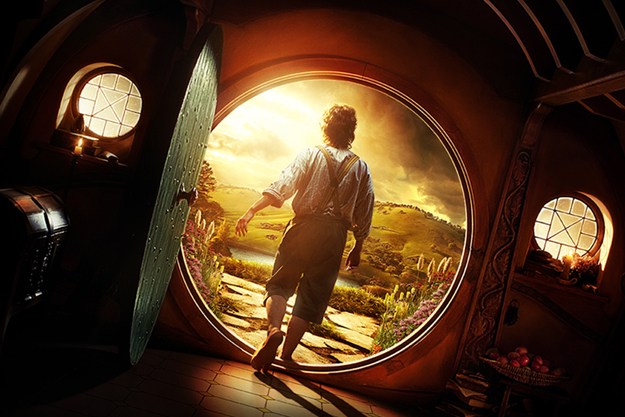As many of you know, our story on the University of Chicago’s recent letter to incoming students has gone viral.
In the refreshing letter, Dean of Students Jay Ellison tells incoming freshman that the university does not peddle in the realm of “trigger warnings” and “safe spaces,” and that potentially controversial speakers will not be disinvited.
Ellison’s words reminded me of a beginning-of-the-year address that came across my desk last year from Jon Balsbaugh, headmaster of Trinity School in Eagan, MN. The school offers a rigorous classical curriculum to students in grades 6-12, and has produced several National Merit Scholarship winners.
In his address to incoming students, Balsbaugh reminded them that their education was not a time for coddling. Instead, referencing Tolkien’s Lord of the Rings, he told them that that education is inherently “a dangerous business.”
Here are some excerpts from his address:
This morning, I want to say a few things about this pursuit of truth together. Pursuing the truth together is just as important here at Trinity as the solitary effort to make sense of things, and there is an old threat to this task that is beginning to creep back into the wider culture.
Most of you have read J.R.R. Tolkien’s The Hobbit. (Eighth graders, you’ll probably start reading it tomorrow.)
The Hobbit tells the story of how Bilbo Baggins went on an adventure and “found himself doing and saying things altogether unexpected.”
I won’t spoil anything in the story for you, but most of you probably also know that the sequel to The Hobbit, The Lord of the Rings, tells the story of Bilbo’s nephew Frodo. And near the beginning of The Lord of the Rings, Frodo recalls something that Bilbo always used to say to him: “It’s a dangerous business, Frodo, going out your door. You step onto the road, and if you don’t keep your feet, there’s no knowing where you might be swept off to.”
What I want to say first this morning is that the pursuit of truth, this “continuous effort to make sense of things,” is not unlike the journeys in The Hobbit and The Lord of the Rings — it’s a dangerous business.
But there is a movement afoot in our culture that would like to make learning and thinking safe — safe from genuine differences of opinion about important things that challenge us, safe from ideas that make us uncomfortable, and safe from any chance of being offended.
[…]
Now, hear me clearly. Giving unnecessary offense is real. It happens. It happens all the time. And we should learn to be respectful of each other as we get to know each other better and find out about differences we weren’t even aware of. That’s an important part of our pursuit of the truth together.
But the authors of [a recent article in The Atlantic, “The Coddling of the American Mind”] have come to the conclusion that something more dangerous and chilling is happening in this recent movement. The ultimate aim of this aggressively enforced politeness, they write,
“… is to turn campuses into ‘safe spaces’ where young adults are shielded from words and ideas that make some uncomfortable. And more than the last, this movement seeks to punish anyone who interferes with that aim, even accidentally.”
One of the authors in our senior curriculum, John Stuart Mill, warned about this in his essay “On Liberty:”
“Society can … practice a social tyranny more formidable than many kinds of political oppression, since, though not usually upheld by such extreme penalties, it leaves fewer means of escape, penetrating much more deeply into the details of life, and enslaving the soul itself.”
This is what we are seeing happening on the college campuses, to the extent that it is being written about in one of America’s most prominent journals — an increase in this social tyranny that penetrates deeply into the details of life.
Now, here at Trinity we have always wanted you to be free from bullying, from discrimination, from having things taken from you, from vandalism and so on.
We do want you to feel safe and respected.
But ideas … ideas are dangerous.
And you will not be safe from them here.
The pathway to truth leads inevitably through ideas and conversations that challenge us, make us uncomfortable, and, yes, even sometimes offend us.
Not a bad message for today’s youth to hear.
















Leave a Comment
Your email address will not be published. Required fields are marked with *